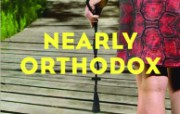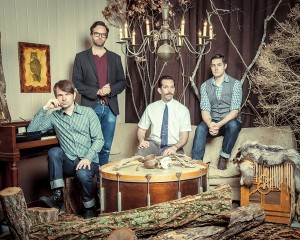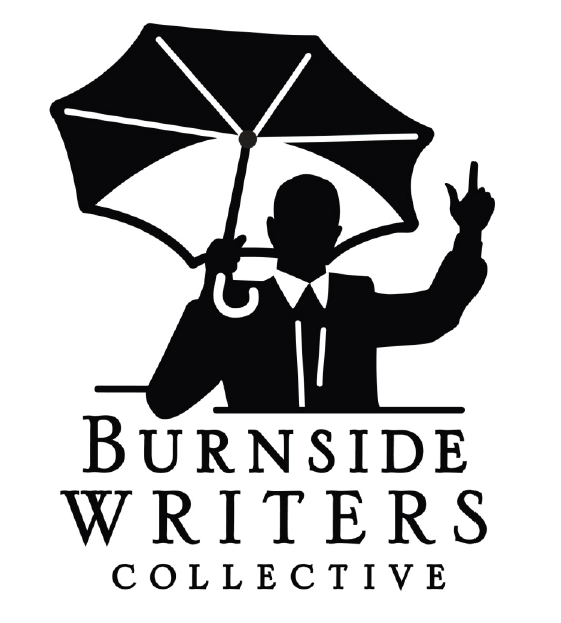Last week I was fortunate to have an essay I’d written picked up and published at Art House America’s blog. This week I had the opportunity to do a Q & A with poet, Scott Cairns for Image Journal’s Good Letters blog. This morning as I drove through the alley that takes me to and from the safety of my garage I saw the broken glass that littered the sidewalk just where that alley meets the road. There was another shooting last week here. It was at around 3am and it involved known gang members, as is usual for shootings in Logan Square.
It was after another such shooting a few months ago that I wrote the essay that was picked up by Art House America. This one was a few blocks away. The scattered safety glass glimmered on the blacktop and spilled onto the sidewalk. After the driver was shot the car must have hit a bordering tree. Police tape flapped in the wind and I thought, does poetry matter here?
I went home a little shaken, not because of the shooting but because of the idea that perhaps my love of poetry was frivolous, extraneous and maybe even elitist. I have the luxury of reading poetry. I have had the privilege of studying it, of writing it, of discussing it with smart people in many beautiful places. But here, in the broken glass and police line tape, does poetry matter here?
The essay for Art House served to assure me that poetry was more than frivolous for me, it has been life blood in all of the difficult times in my life. My family, though smart folks, were not intellectuals. We did not sit around reading for fun. We did not discuss or debate literature or poetry. We were as ordinary and maybe a little more troubled than most of our neighbors but my parents valued higher education and pushed for it. They instilled the idea in my siblings and myself that going to college was an honor and a necessity in a time when going to college was not a certainty for most kids of my generation. I had to work hard to make it to college. I had to work hard to pay for it. I had to work hard to keep my grades up and keep my meager scholarship and aid money.
But unlike the kids in my neighborhood, I did not have to worry whether I’d live long enough to do any of those things.
Sometimes I think about being able to have a short talk with the gangbanger boys I see in my neighborhood. I don’t see them as dangerous or degenerate. They are all someone’s son. Many of them are the ages of my own children. I consider asking if poetry matters to them. I want to ask about their hopes and dreams, about their family lives. I want to ask them to write a poem, to imagine this poem would be read someday far in the future by anthropologists and literature professors and young people who want to know about life in this time, in this place. What would they say, I wonder.
And I just want to understand, not so that I can fix it, because when my white savior instincts kick in (and they do) I try hard to remember that these kids are not a problem to be fixed. They are someone’s son. I don’t have the solve them so that I feel safer in my neighborhood or so that I feel better about my own worth. I want to understand so that I can avoid being part of the problem.
While I will profess my undying love of poetry to all who will listen (obviously) in moments like this, the day after another shooting, another loss of life, it is sometimes difficult to know that poetry matters here, where the alley meets the road.






